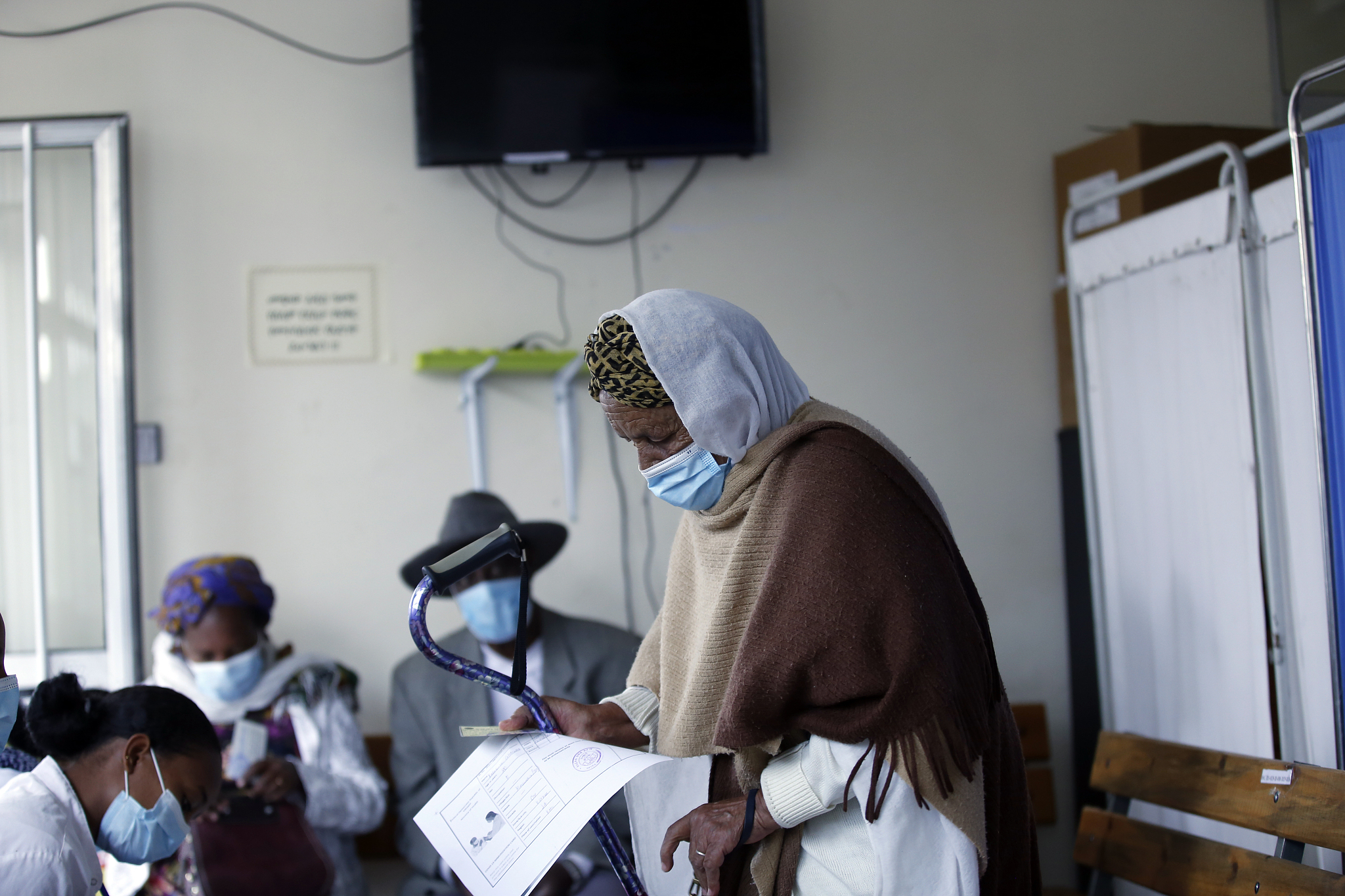
Editor's note: James Rae is a professor at California State University Sacramento. He was also a Fulbright Scholar at Beijing Foreign Studies University from 2017 to 2018. The article reflects the author's opinions and not necessarily the views of CGTN.
Will we ever be able to travel internationally again? This thought is weighing on many, from corporate jet-setters to leisure travelers. Mitigation efforts that include expanding testing, maintaining protocols on masks and distance, and managing travel have served their purpose, and Asia has been in the lead in that regard. For the past few months, combatting COVID-19 has turned to vaccines.
Where once countries that were suffering massive infection rates, hospitalizations, and deaths (i.e. Europe and North America), have now begun a concerted effort to vaccinate entire populations. All of a sudden, the United Kingdom and the United States are leading the pack and achieving high rates of doses and imagining a light at the end of the tunnel. The Moderna and Pfizer vaccines, despite their double jab requirements, have thus far proven effective and those in line are approaching their opportunity faster than expected. This is all great news. Can single countries declare victory and return to normal? And what of the rest?
The pandemic will not end until the virus cannot freely spread. Currently, it is running roughshod from Brazil to India, and many places in between. Some estimates suggest global herd immunity would take nearly five years to achieve at the current rate of vaccinations. Aggressive variants have already popped up in the past year and that leaves ample time for far worse modifications to occur which could overpower the existing immunities. Indeed, the durability of all vaccines is highly uncertain, and suspected to only provide perhaps a year of protection. The defense could wear off even in the rich world before the virus has been contained. We are all in this together.

People aged over 55 receive AstraZeneca/Oxford vaccine, sent by World Health Organisation through its COVAX program, in Addis Ababa, Ethiopia, April 14, 2021. /VCG
People aged over 55 receive AstraZeneca/Oxford vaccine, sent by World Health Organisation through its COVAX program, in Addis Ababa, Ethiopia, April 14, 2021. /VCG
Thus, the World Health Organization (WHO) argues that vaccines must be a global public good and through the COVAX initiative calls for equitable protection and promotion of human well-being among all people of the world. The WHO has correctly identified the risk to people in poor countries being left out of this race to a cure. China has provided or plans to give vaccine assistance to around 80 countries, and directly exporting vaccines to over 40, sharing its vaccines with COVAX. Currently, the effectiveness of a variety of vaccines is questionable, and scientists and medical professionals are considering new formulas or admixtures.
Unfortunately, the more proven vaccines developed in the West are not yet part of the global distribution scheme. Western countries have de facto monopolized the supply chain from research and development to manufacturing, purchase, and distribution. Indeed, the rich world has virtually all the available Pfizer and Moderna doses.
Those countries have multiples more doses than their entire populations, yet British Foreign Minister Dominic Raab suggested that African countries not accept assistance from China or Russia but rather wait for Western countries to complete their process upon which they could commence helping others.
This is insensitive to the huge challenges the virus presents in the developing world, where economies are already fragile and public health is grossly underfunded. Indeed, more recent outbreaks have devastated Latin America and South Asia. Recently, Western countries offered to help vaccinate a targeted 20 percent of the population from low-to-middle income countries by the end of 2021. That won't be enough. The seventy or so poorest countries are unlikely to have any access to vaccines before the next year. While children in the rich world prepare to get jabs (when their rate of hospitalization or death is infinitesimally small), front-line health care workers across much of the world have access to nothing.
The African political journalist Nanjala Nyabola has written eloquently to identify this great inequity whereby the poor need more vaccines yet still wait for the rich to consume all they need, and more. Even intellectual property rights cannot be waived in the cause of serving the common good of combatting a global pandemic. Vaccine nationalism undermines the global effort. Self-interest is understandable, we all want protection and countries have the obligation to provide safety to their populations. Yet as we all know, diseases travel; we cannot keep them out forever.
The world is interdependent, and our pathway to security relies on mutual cooperation. Countries cannot be afraid to acknowledge when something is not working, and ask for help; at the same time, those who have success must also share. We have seen in this past year, conditions in one part of the world look promising only to suffer a new outbreak or letdown. We can only walk together as one community, we truly are in it together.
(If you want to contribute and have specific expertise, please contact us at opinions@cgtn.com.)

